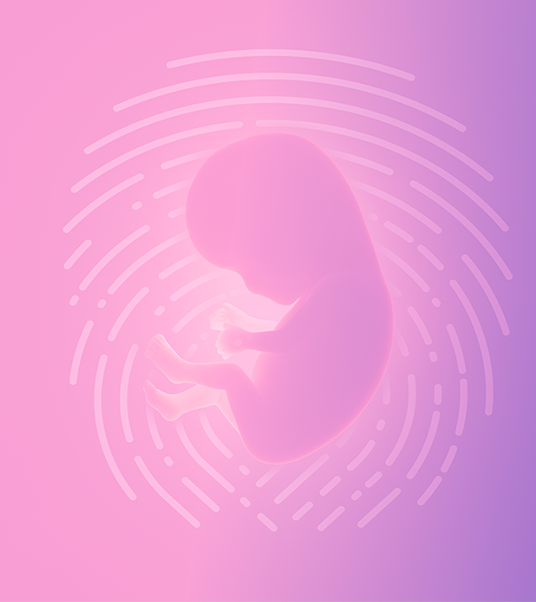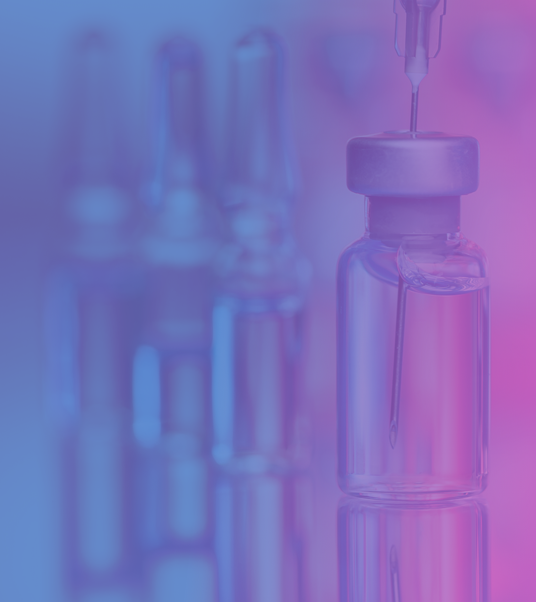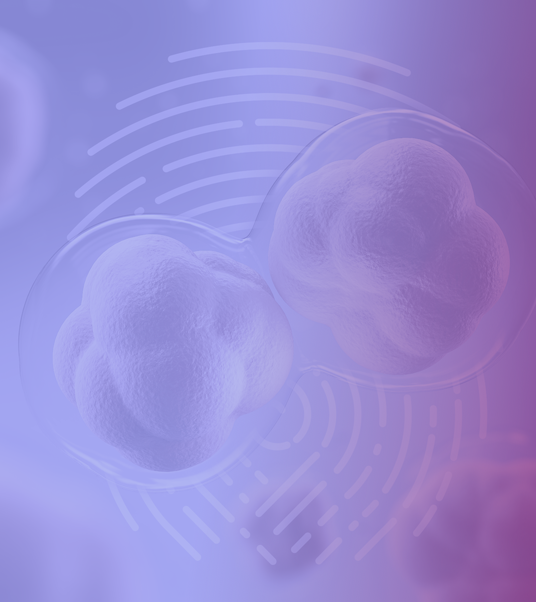
About us
Passionate about our work, inspired by what it can do
Annaida, founded in 2019, is at the forefront of pioneering non-invasive technology to analyze chemical processes in microscopic life forms while preserving their integrity. Our flagship product, EmbryoSpin, utilizes advanced microscale Magnetic Resonance Spectroscopy (MRS) to revolutionize Assisted Reproduction, aiming to significantly improve clinical outcomes. This cutting-edge device also empowers researchers in toxicology, drug discovery, and life sciences to precisely characterize cellular metabolism, thereby enhancing research efficiency.
Our vision
Annaida’s vision is to revolutionize how we measure, analyze and understand microscopic life using precise and non-invasive methods. MRS will create new opportunities for improvement of clinical outcomes, drug development, and scientific discovery. Annaida will continue investing resources and building knowledge to make the measurement and analysis of microscopic life easy, fast, and insightful.

Team
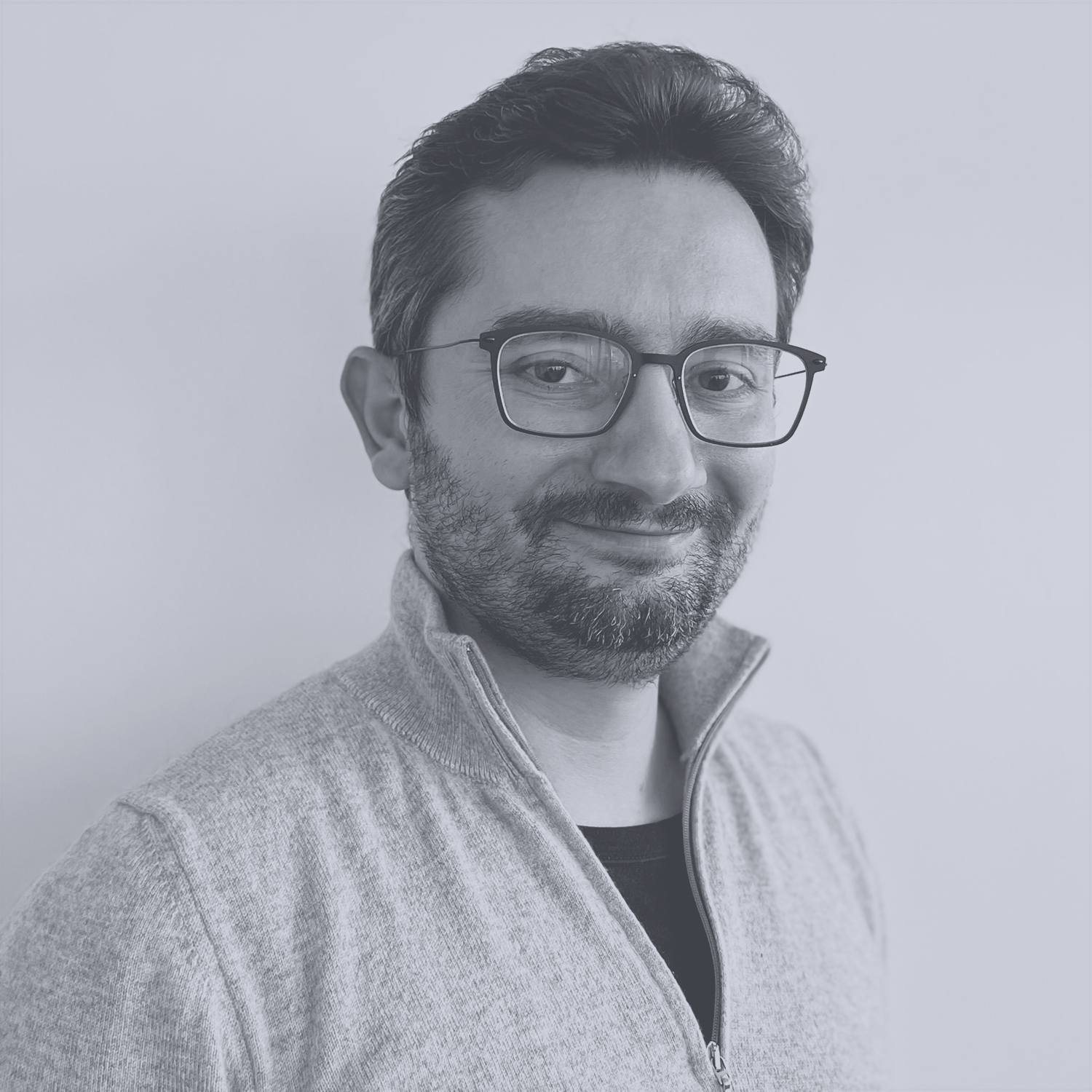
Marco Grisi, PhD
CEO & Founder
Marco pushes forward core technology and oversees development and research of Annaida. He co-founded Annaida after graduating, from the Swiss Federal Institute of Technology (EPFL) with a PhD in microengineering and microelectronics for NMR, because he recognizes the potential micro NMR technologies hold for the future.
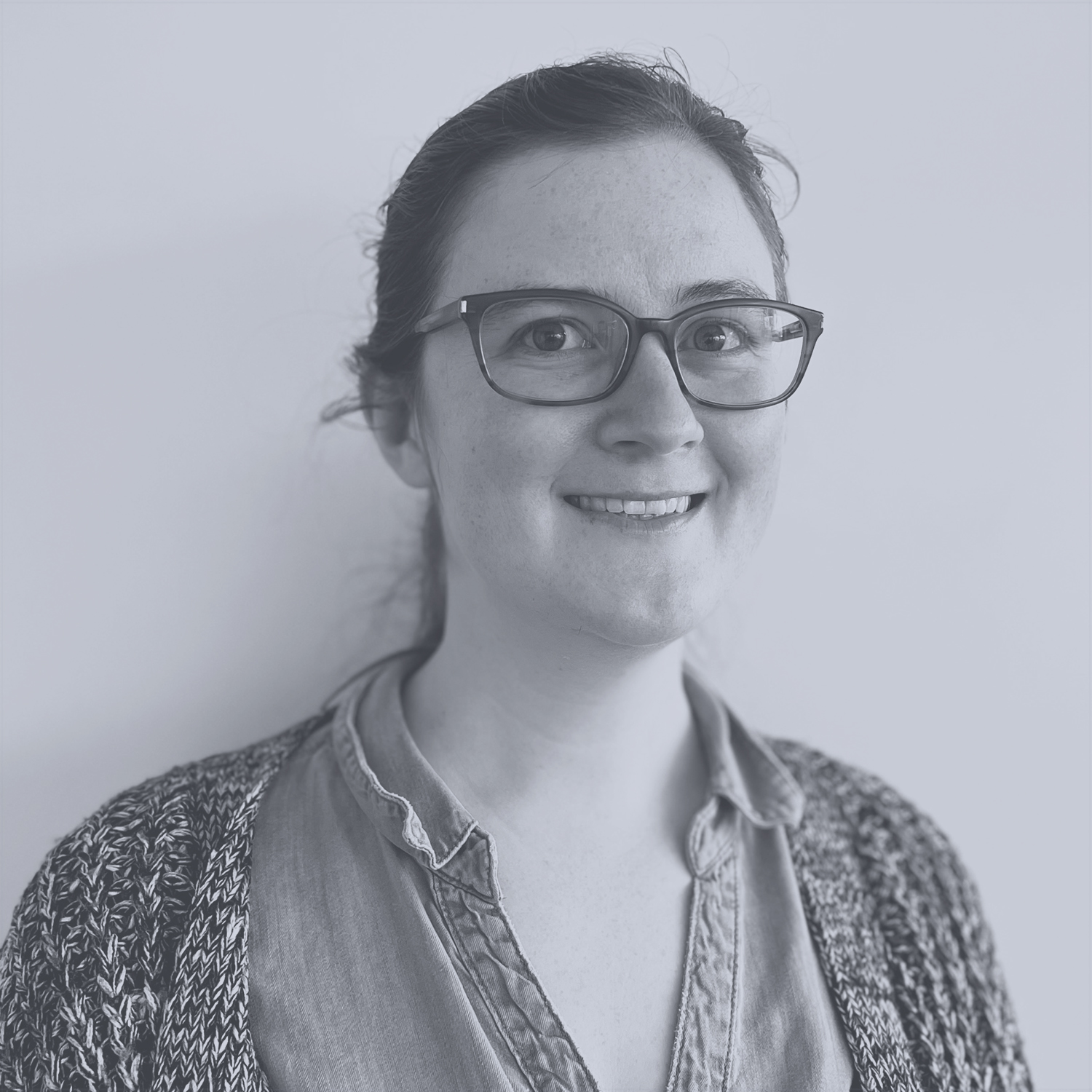
Kathryn Marable, PhD
Head of Engineering
Kathryn is our R&D engineer, she is responsible for designing, constructing and testing the supporting electronics & mechanics on top of validating the performance of microchip sensors. Before joining Annaida, she completed a Ph.D. in experimental physics at Harvard University where she designed and constructed a cryogenic, radiofrequency antiproton trap in a strong magnetic field as part of the ATRAP collaboration at CERN.
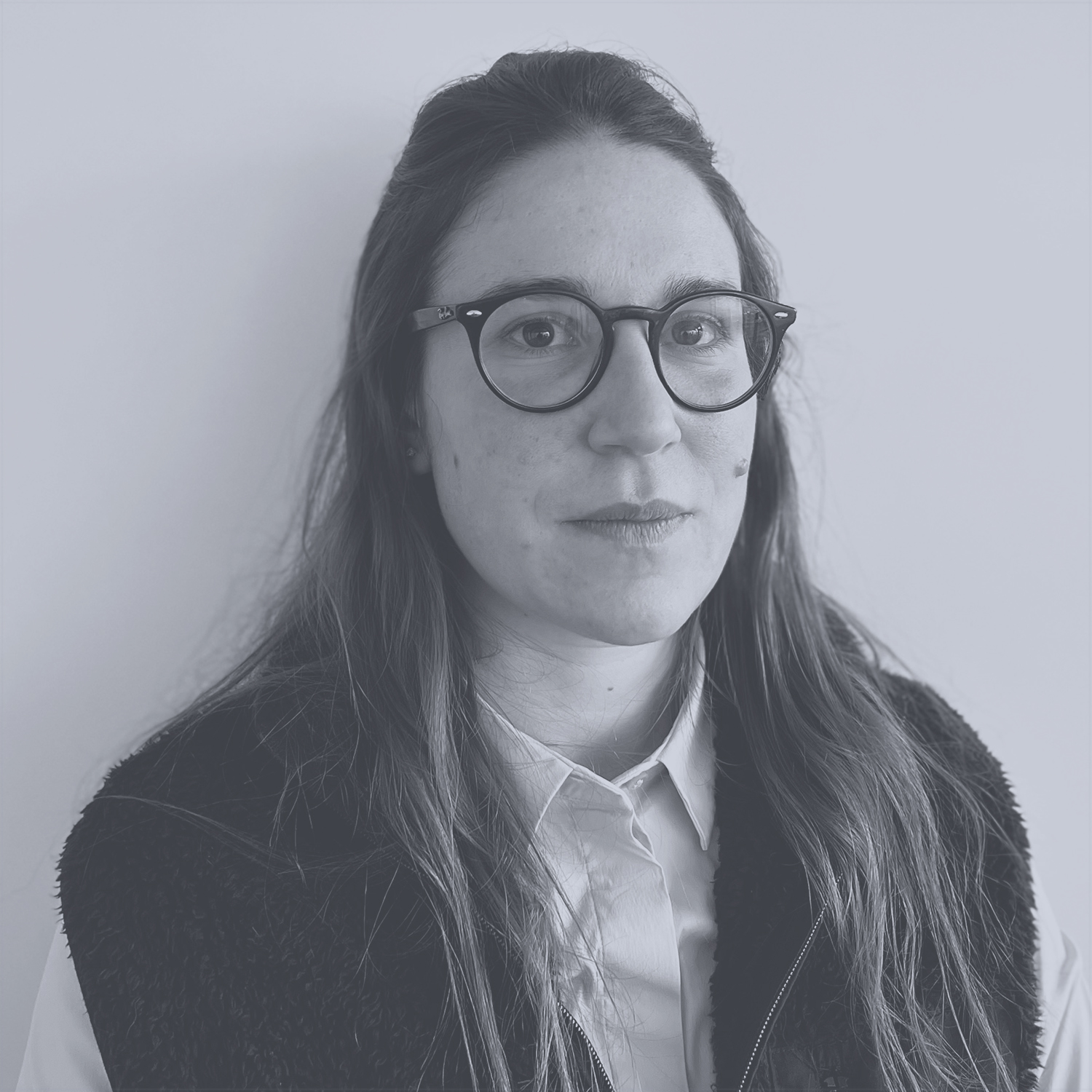
Giulia Sivelli, PhD
Head of Biology
Giulia is our embryologist and R&D scientist, she is responsible for lab management, cell cultures, experimental design and data analysis. Giulia has a Master of Science in Molecular Biology of the Cell and a PhD from the Royal Veterinary College (London, UK) where she studied mesenchymal stem cells driven tissue regeneration. She has also completed a master course in human assisted reproductive techniques from Pompeu Fabra University in collaboration with EUGIN clinics (Barcelona, Spain).
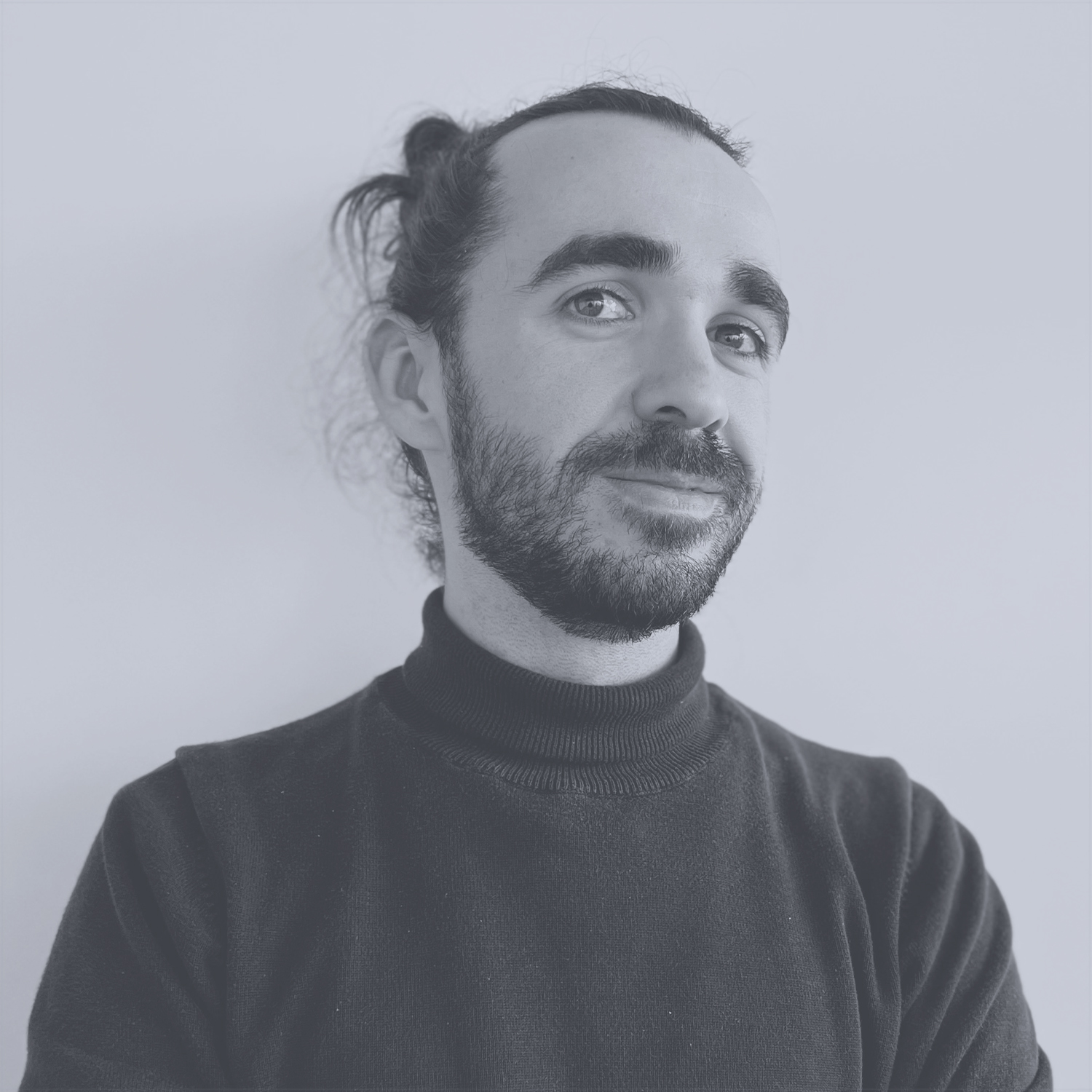
Guillaume Gruet
Head of QA/RA
Guillaume is an EPFL microengineering graduate that combines expertise in microfabrication, electronics, and robotics. During his studies, he participated in diverse interdisciplinary projects across multiple fields, and at Annaida, he has gained extensive experience in quality and project management. This unique combination of technical expertise and project leadership naturally led him to his current role as Quality Manager.

Serena Bitetti
Embryologist
Serena is our Junior Embryologist, she contributes to embryo cultures and manipulation, testing and implementation of Annaida’s device and data collection and analysis. Serena has a Master of Science (MSc) in Biotechnologies of Human Reproduction and a Master of Clinical Embryology (MCE) from Monash University (Melbourne, Australia).

Claudia Cordara
Engineer
Claudia is our R&D Junior Engineer. She participates to the design of prototypes, the development of electronic tests and the production of EmbryoSpin sensors. She has a Master of Science in Biomedical Engineering from Politecnico di Milano.

Arthur Barakat, PhD
Data Scientist
Arthur is our Data Scientist. He holds a PhD in neuroscience from EPFL, Lausanne, with expertise in machine learning and magnetic resonance spectroscopy. At Annaida, Arthur optimizes spectroscopy signal preprocessing ensuring robust and reliable analysis. With a strong foundation in life sciences and data analysis, he is dedicated to unlocking the potential of complex biological data through cutting-edge predictive modeling.
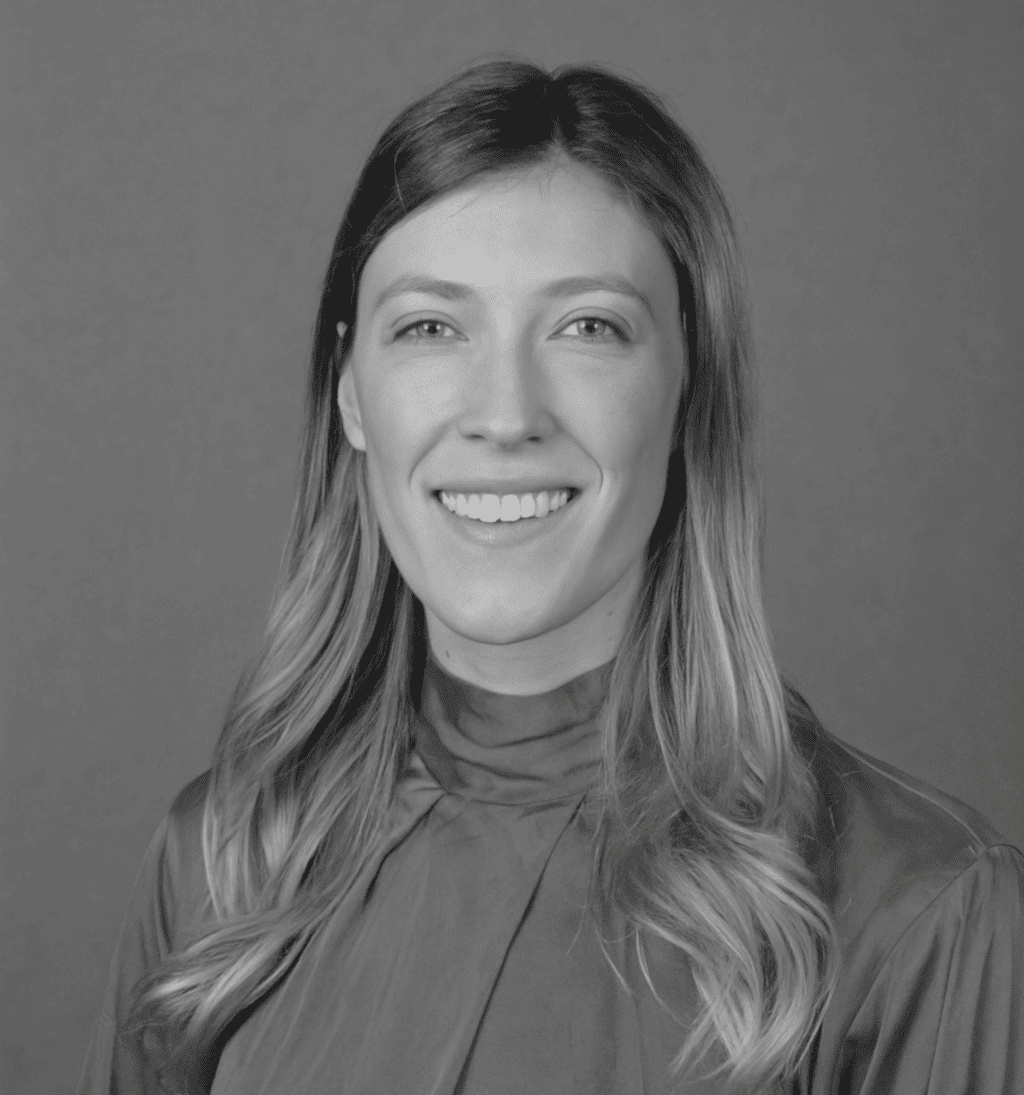
Marta Dore
Engineer
Marta is our R&D Junior Engineer. She holds a double Master’s degree in Biomedical Engineering from Politecnico di Milano, having completed her studies between Italy and the United States at the University of Illinois. During her time in Chicago, she developed a deep interest and expertise in magnetic resonance and RF electronics. At Annaida, Marta focuses on electrical design, test setups, and NMR system component testing, contributing to advancements in biomedical technologies and beyond.
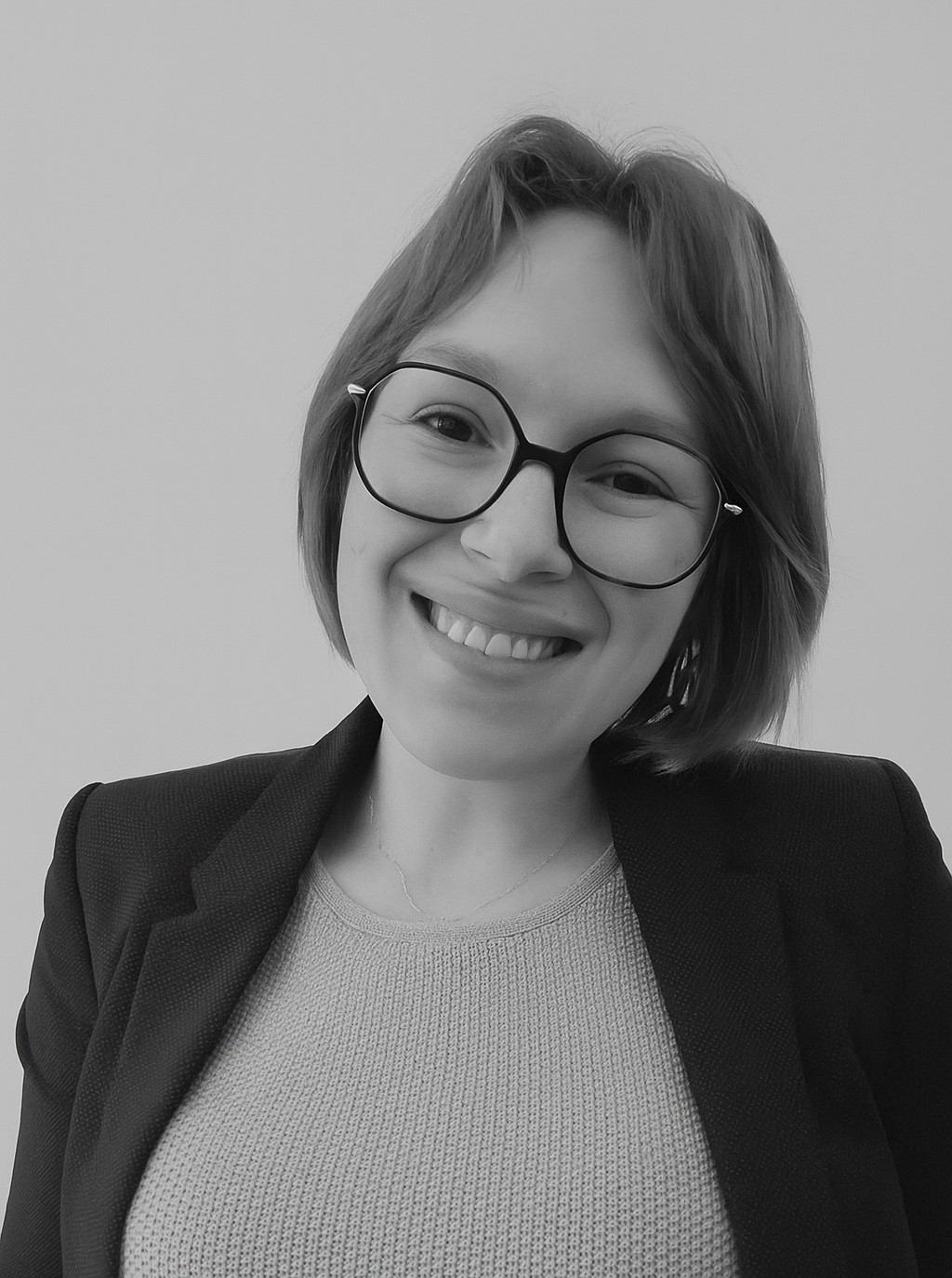
Chloé Gioiosa
Analytical Chemist
Chloé is our NMR Application Scientist. She holds a PhD in NMR and hyperpolarization from Université Claude Bernard Lyon 1. During her studies, she developed deep expertise in magnetic resonance spectroscopy (MRS), with a focus on pulse sequence development, hardware optimization, and signal processing in complex mixtures. At Annaida, Chloé leverages her expertise to lead MRS experiments, refine measurement protocols, and drive innovation in noninvasive metabolomic screening for life science and clinical applications.
Advisory Board

Fabien Murisier, PhD
Dr. Mursier is a senior clinical embryologist at ESHRE (European Society of Human Reproduction and Embryology). He is also the head of the Fertility sector at the Medisupport group, member of the CPMA management board and chief executive officer of the Fertas laboratory. Fabien oversees early stage development of new IVF technologies, all the way to clinical trials and commercialization. He received his PhD from the University of Lausanne before joining the Human Genetics Unit of the MRC in Edinburgh.

Prof. Kurt Wüthrich
Kurt Wüthrich is a Professor of Biophysics at the ETH Zürich, and Distinguished Senior Professor at the iHuman Institute, ShanghaiTech University. For 50 years, Wüthrich groups at the ETH Zürich, at Scripps Research and at the iHuman Institute have used nuclear magnetic resonance spectroscopy (NMR) for research in structural biology. Contributions include the method of protein structure determination with NMR in solution, and the use of the principles of transverse relaxation-optimized spectroscopy (TROSY) for NMR experiments with large supramolecular assemblies. Kurt Wüthrich’s achievements in the sciences have been recognized by the Prix Louis Jeantet de Médecine, the Kyoto Prize in Advanced Technology, the Nobel Prize in Chemistry, and by a number of other awards and honorary degrees.

Riccardo Tediosi, PhD
Dr. Tediosi is a senior executive with a strong background in instrument development and in startup-scaleup ventures. He holds an executive MBA from IMD Business school and combines technical management background with sound business management practices. He is currently CTO at QualySense AG developing AI-based robotic platforms for contactless characterization of seeds. He has been R&D director at Bruker Biospin for the development of NMR/MRI probeheads for high-end MR systems. He holds a PhD in Solid State Physics at the University of Geneva after obtaining his Master degree in Photonics in Pavia.

Prof. Barry Behr
Prof. Barry Behr is a nationally and internationally renowned clinical and scientific leader in the research and advances of human reproduction. As a world-renown scientist and lecturer, he is highly sought after to chair scientific programs and conferences and is the first non MD President of the Pacific Coast Reproductive Society to be appointed as program chairman of several professional meetings. He is the director of the IVF/ART laboratory at Stanford University and is the Faculty Advisor for the Transgenic, Knockout and Tumor Model Center. In the 90’s Dr. Behr developed a culture medium for embryo culture to the blastocyst stage, which has improved pregnancy rates, implantation rates and reduced the risks of multiple gestation in IVF. He is also the co-inventor of an embryo selection technology that was featured in Time Magazine’s Best of Everything as 8th place in the top 10 Medical Breakthroughs of 2010.
Board of Directors

Pascal Winnen
Pascal is a co-founder and the CEO of HEMEX, a pharmaceutical, biotech and medical device consulting firm with offices in Switzerland, Germany and the USA. Previously he worked for Finox Biotech, bringing one of the first biosimilar fertility treatments to the market in the EU and leading to the successful acquisition by Gedeon Richter for EUR 190 million in 2016.
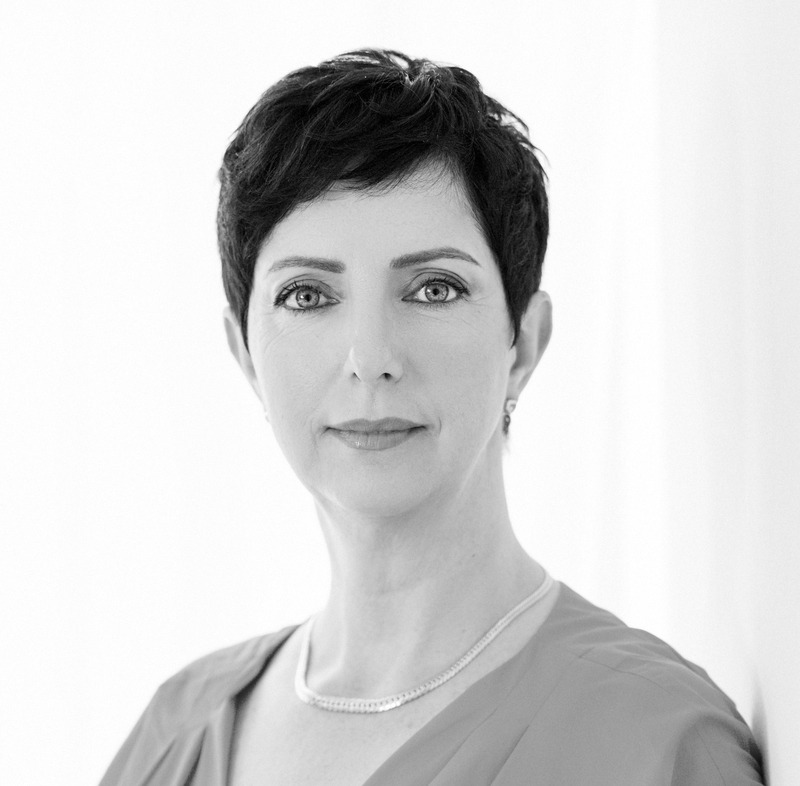
Jacqueline Ruedin Rüsch
Jacqueline is a seasoned entrepreneur and an influential leader with over 25 years of experience. She started her career in the banking sector and founded her first company in 2011. Soon after she started investing in venture capital and became an vc investor in seed and early-stage companies. Now She serves on several boards as a member or as the chairperson.
She recently launched a fund that targets gender balance teams. She strongly believes that more diversity and inclusion are not only good for society but also a very rewarding investment case with a strong social impact. As a passionate public speaker, she captivates audiences with her empathic style, engaging with participants on the topic.
She believes that giving back and caring is the only way to move things forward.
Quality Policy
ANNAIDA is pioneering a new non-invasive technology to investigate the chemistry inside microscopic life while maintaining its full integrity. We are dedicated to analysing cellular life and better understanding its metabolic fingerprint. The unprecedented scale of our device allows for a precise understanding of cells ranging from embryos to stem-cell organoids and much more.
ANNAIDA’s Quality Policy is focused on the pursuit of Customer and Interested Parties satisfaction, trust, and loyalty, as well as on full compliance with mandatory regulations/laws. It considers the internal and external context in which the Company operates, monitoring its performance and drawing inspiration from it for the definition of objectives, for continuous improvement and risk assessment in the process’s execution.
To make this possible, the Quality Policy Annaida has established, documented, implemented, maintained, and continually improves, in accordance with the requirements of ISO 9001:2015, specifically addresses all internal and external activities, and business, necessary to ensure Annaida’s success, focusing on the following aspects:
1. Customer Focus: Our first priority is to understand the needs and expectations of our customers and to meet or exceed them. We continuously strive to improve our customer satisfaction by providing quality products and services that meet their requirements.
2. Leadership: Our senior management is committed to the implementation and improvement of our QMS, and they lead by example in promoting quality as a fundamental aspect of our business activities.
3. Engagement of People: We recognize the importance of our employees in achieving our quality objectives and strive to provide a supportive and inclusive work environment that promotes individual growth and development.
4. Process Approach: We believe that processes are essential to the achievement of our quality objectives and we use a process approach to plan, design, implement, and improve our processes.
5. Continual Improvement: We are committed to continually improving our QMS and our products and services. We establish quality objectives and review our performance to determine areas for improvement.
6. Evidence-based Decision Making: We use data and information from our QMS to make informed decisions that enhance our ability to achieve our quality objectives.
7. Relationship Management: We strive to establish and maintain positive relationships with our suppliers, customers, and other stakeholders, recognizing that their success is key to our success.
We believe that a strong Quality Management System plays a significant role in helping us to achieve our ambitions, ensuring that ANNAIDA develop its place as leading worldwide company.
This policy is communicated, understood, and followed by all employees and is reviewed for continued suitability at least annually, during the management review.

They’re part of our story:
PARTNERS















